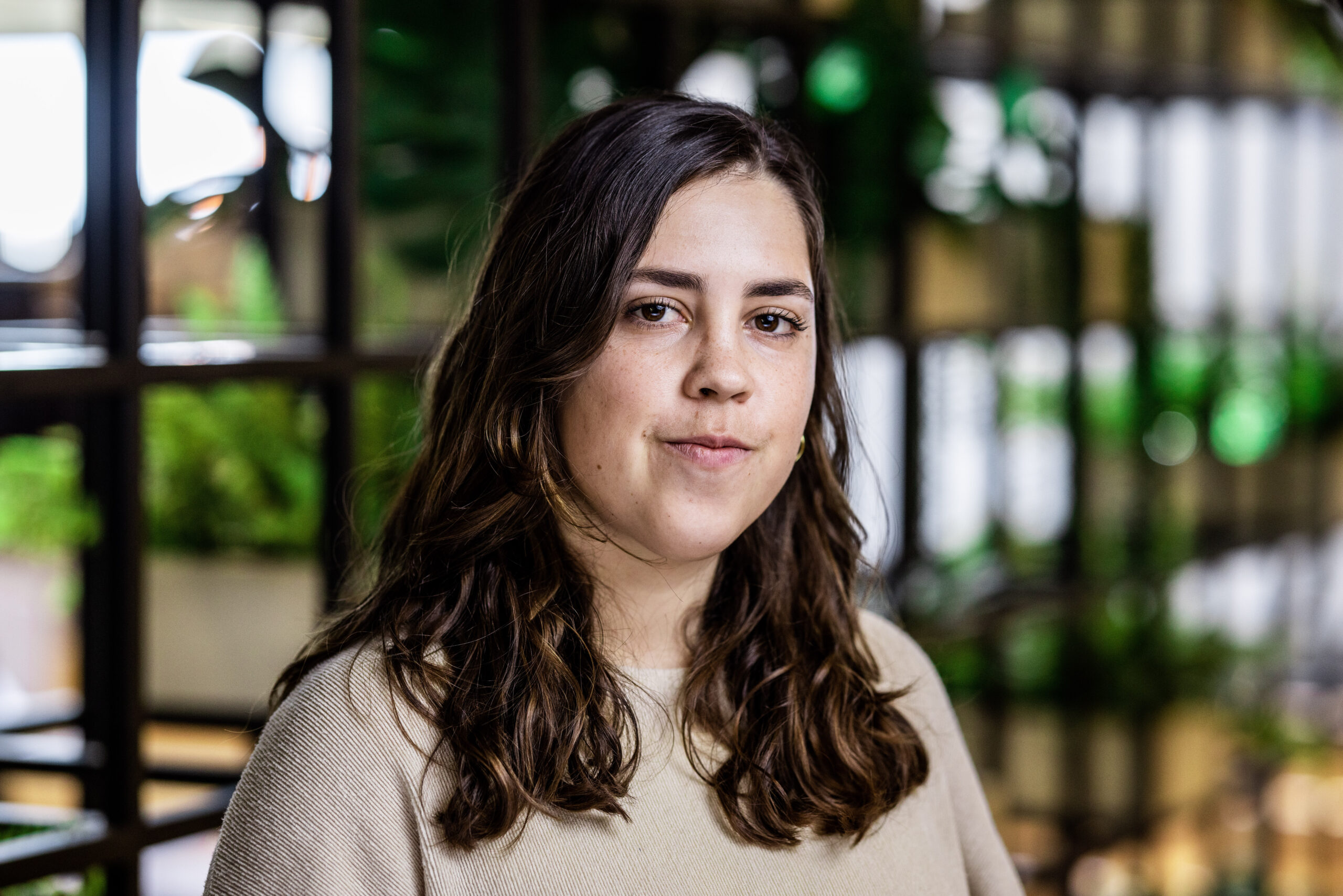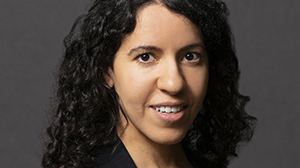On April 12, the Charles Koch Institute’s vice president of research and policy William Ruger hosted former U.S. ambassador to Saudi Arabia Charles Freeman and Cato Institute scholar Emma Ashford for a wide-ranging and insightful conversation on American alliances and engagement in the Middle East. The event, entitled “U.S. Alliances in the Middle East: Security Enhancing or Entangling?” was the latest in a series of discussions designed to spark a national conversation about our foreign policy status quo and its effectiveness at keeping us safe.
“The assumption is that we must be involved in every single decision in every single country. That is not in our interest.”–@EmmaMAshford
— Charles Koch Inst. (@CKinstitute) April 12, 2016
The event opened with a discussion of how the United States first got involved in the Middle East. Ashford described how the region’s oil reserves were critical to the Allied effort during World War II. Once the Cold War started, the United States acted to prevent the Soviets from gaining control of the area, using local partners to do so.
Freeman then noted that the shared interest between the United States and Saudi Arabia in fighting a mutual enemy during the Cold War “allowed us not to argue about other things.” Today, the lack of a common existential threat has made conflicting interests more apparent, ranging from the economic competition between American and Saudi oil producers to how to respond to civil unrest in other Middle Eastern countries such as Yemen or Syria.
“We are enabling self-destructive behavior in the Middle East. They assume we will fix every situation they make.”–Ambassador Freeman
— Charles Koch Inst. (@CKinstitute) April 12, 2016
One recent issue the United States and Saudi Arabia strongly disagreed on was the Iranian nuclear deal. When asked if he thought the deal made the United States safer, Ambassador Freeman gave the deal his clear support, saying, “The nuclear deal is undoubtedly better than no deal.” The ambassador’s primary objection was that “we could have had a better deal 10 years earlier if we had been willing to talk.”
Ashford expressed her opinion that the Iran deal was the only major diplomatic achievement the United States has had in the region in the last 25 years. In her view, “We have almost always reached for the military option rather than trying diplomacy.” Choosing to resolve the nuclear situation with Iran through diplomatic means rather than militarily, in her opinion, was a wise decision on the part of the United States.
Freeman and Ashford agreed that diplomacy will also be a critical component of efforts to resolve the situation in Syria. Ashford argued that purely military options like no-fly zones would be both ineffective and insufficient to solve the underlying political problem.
“The question nobody asks is whether our heavy engagement is what’s causing against us.”–@EmmaMAshford #ForeignPolicy
— Charles Koch Inst. (@CKinstitute) April 12, 2016
Freeman, meanwhile, pointed out that many Syrians today, when given the choice between Assad and ISIS, will choose Assad. He argued that the United States made a mistake when it announced that Assad leaving power was a requirement of any negotiated settlement, because it meant there was no reason or incentive for Assad to come to the negotiating table. Both emphasized that a purely military solution to the conflict in Syria is not possible.
Throughout the program, Freeman shared several anecdotes about his time working abroad. One of the most significant stories he related was being told by the late King Abdullah of Saudi Arabia that he had twice warned the Bush administration not to invade Iraq, advice that obviously went unheeded.
Together, Freeman and Ashford were a hit. The program concluded with a lively question-and-answer session featuring tough questions from the audience. These questions demonstrate the need for continued discussion and inquiry to understand the connection between U.S. foreign policy, freedom, and well-being. To continue these conversations and find solutions to pressing problems, the Charles Koch Foundation invites research proposals regarding U.S. foreign policy.
About Our Foreign Policy Work:
The Charles Koch Foundation and Institute work with universities like Harvard, MIT, Notre Dame and others to support some of the most respected political scientists in the country. These distinguished scholars are leaders in their field, regularly published and widely cited in top academic journals and publications like The New York Times, Foreign Affairs, and The Atlantic. Polling shows that Americans are tired of the foreign policy status quo, and we are supporting scholars in the discipline of international relations while working with other emerging scholars, established experts, and policy specialists to consider new perspectives that will safeguard America and realize a more peaceful and secure world. We support scholars with a wide variety views and always welcome a debate over how to best further these common objectives.


